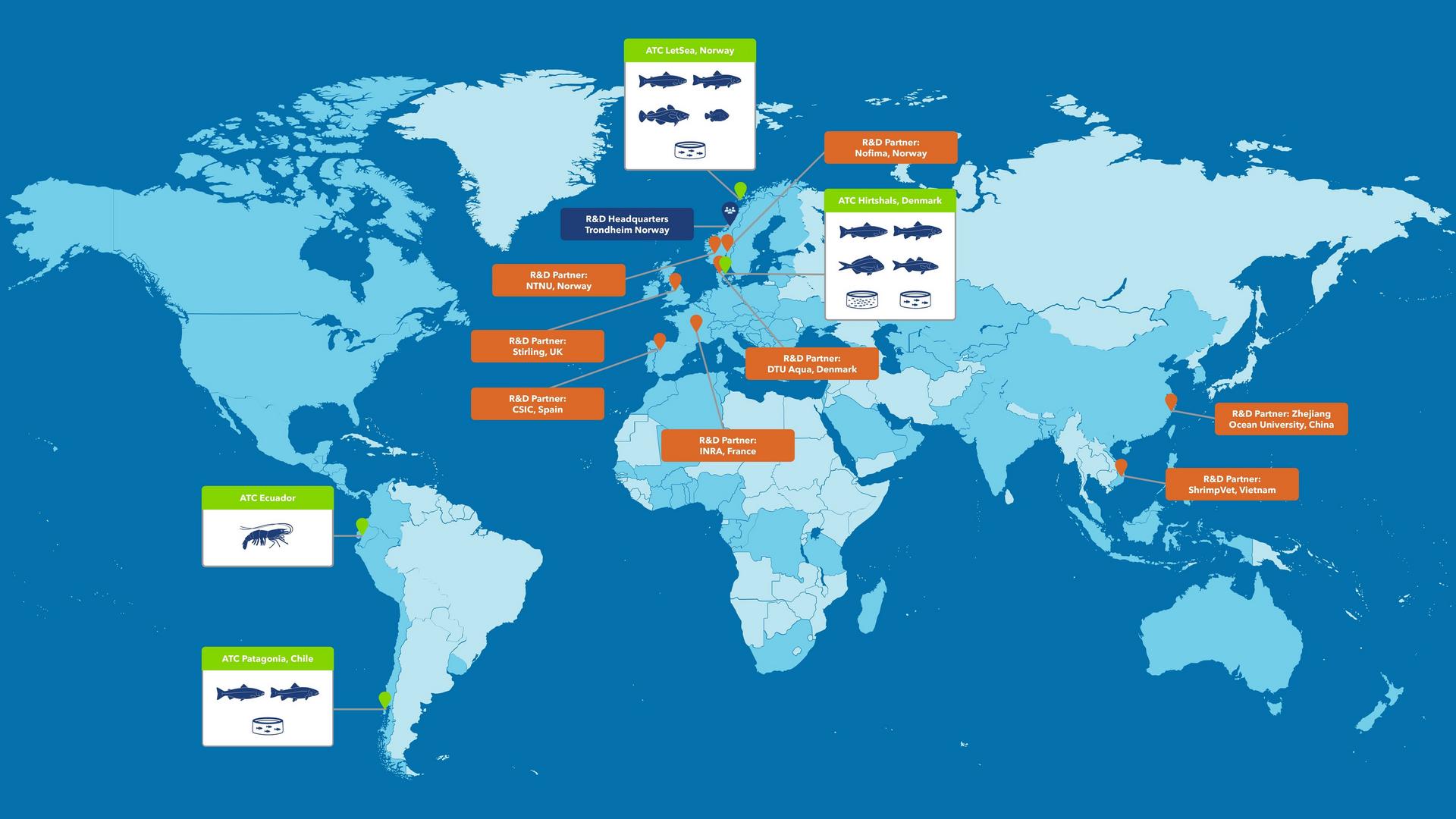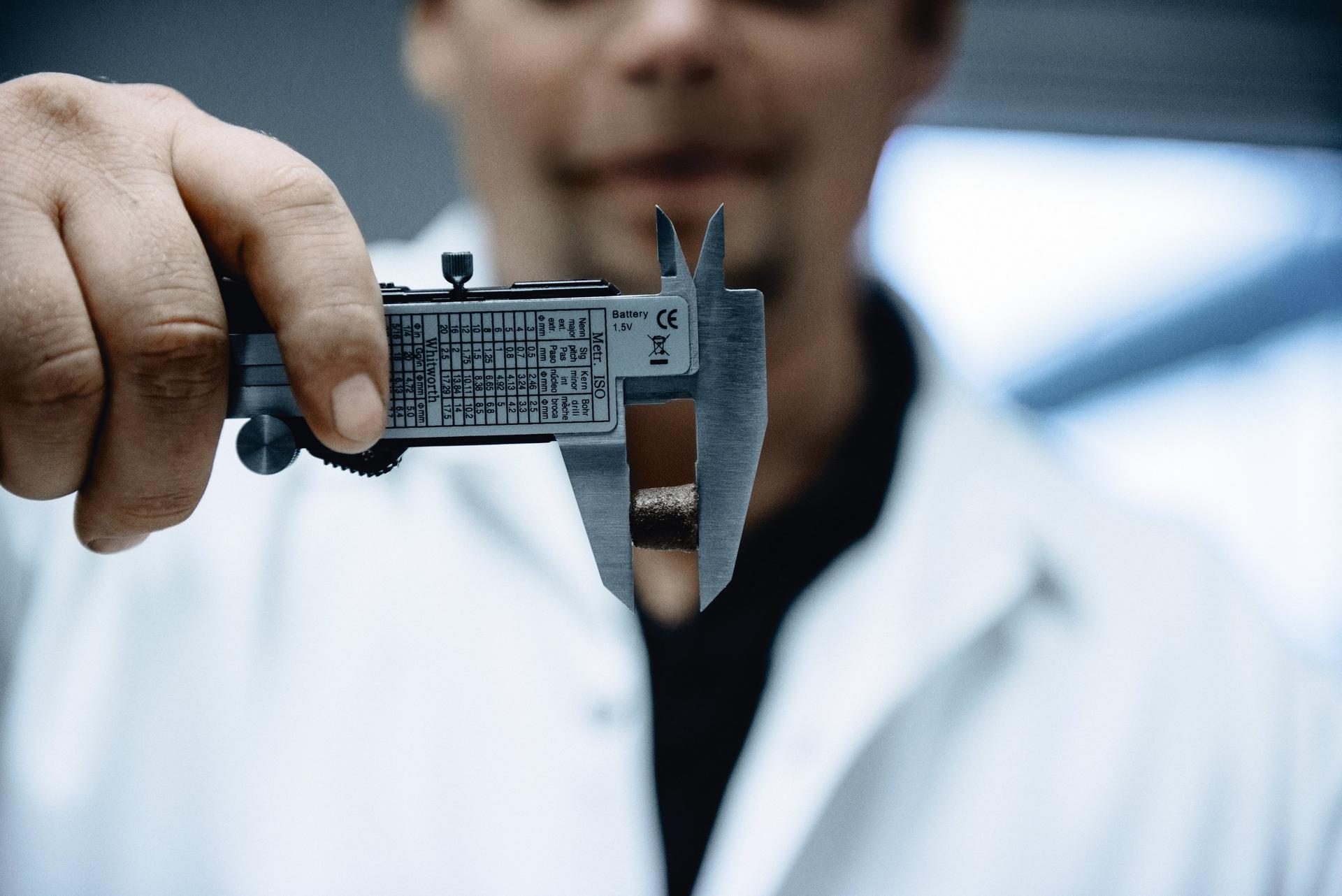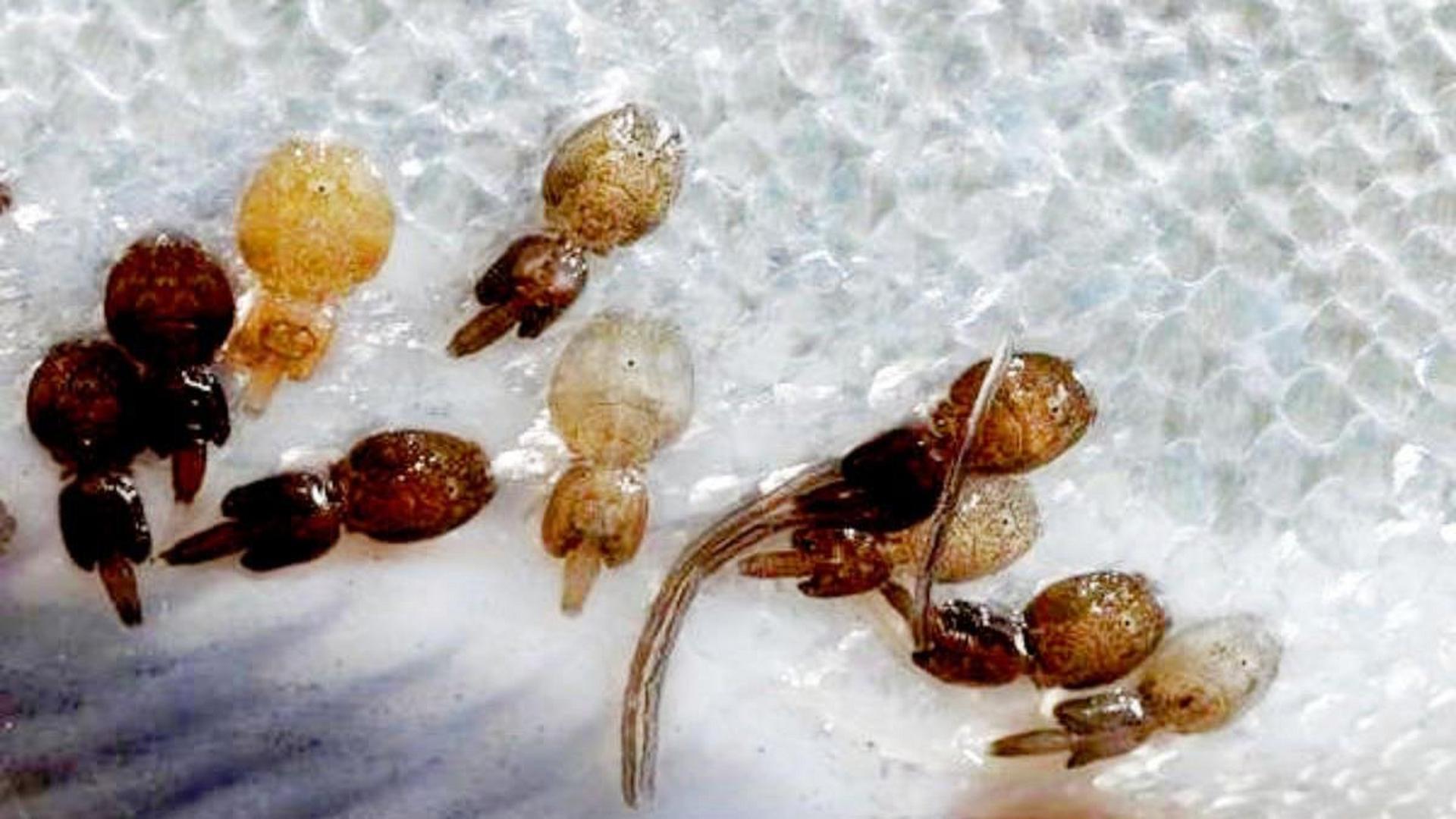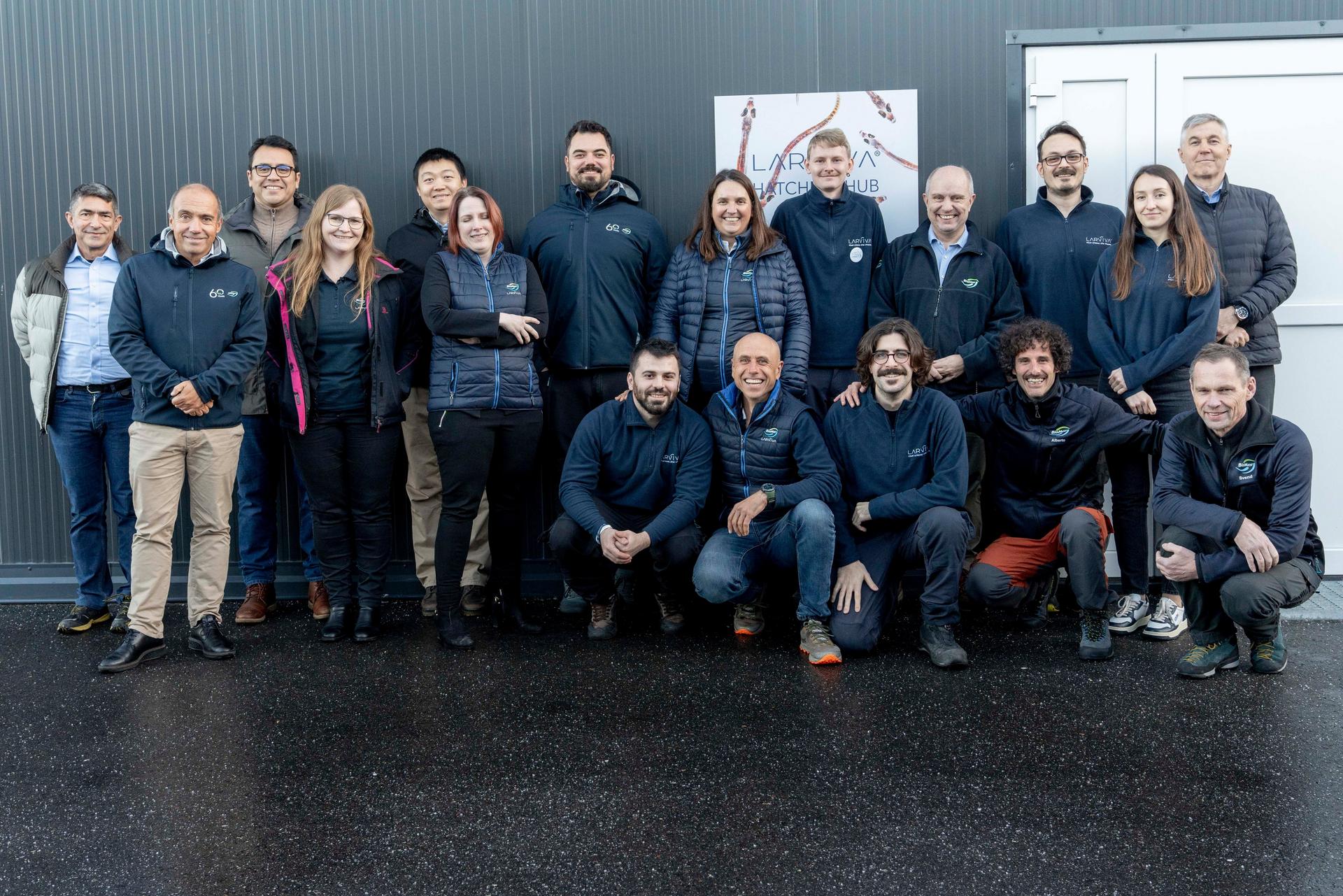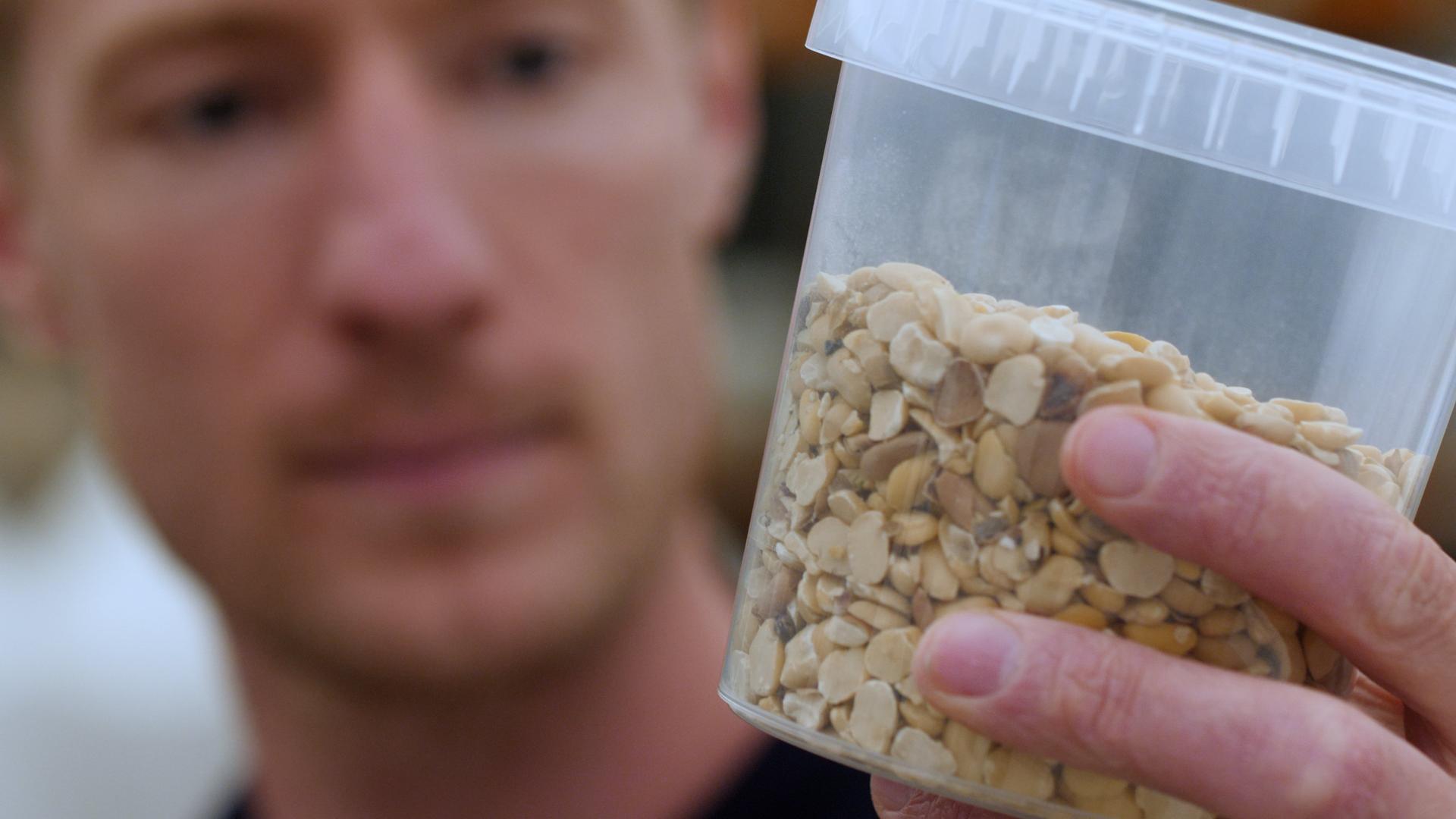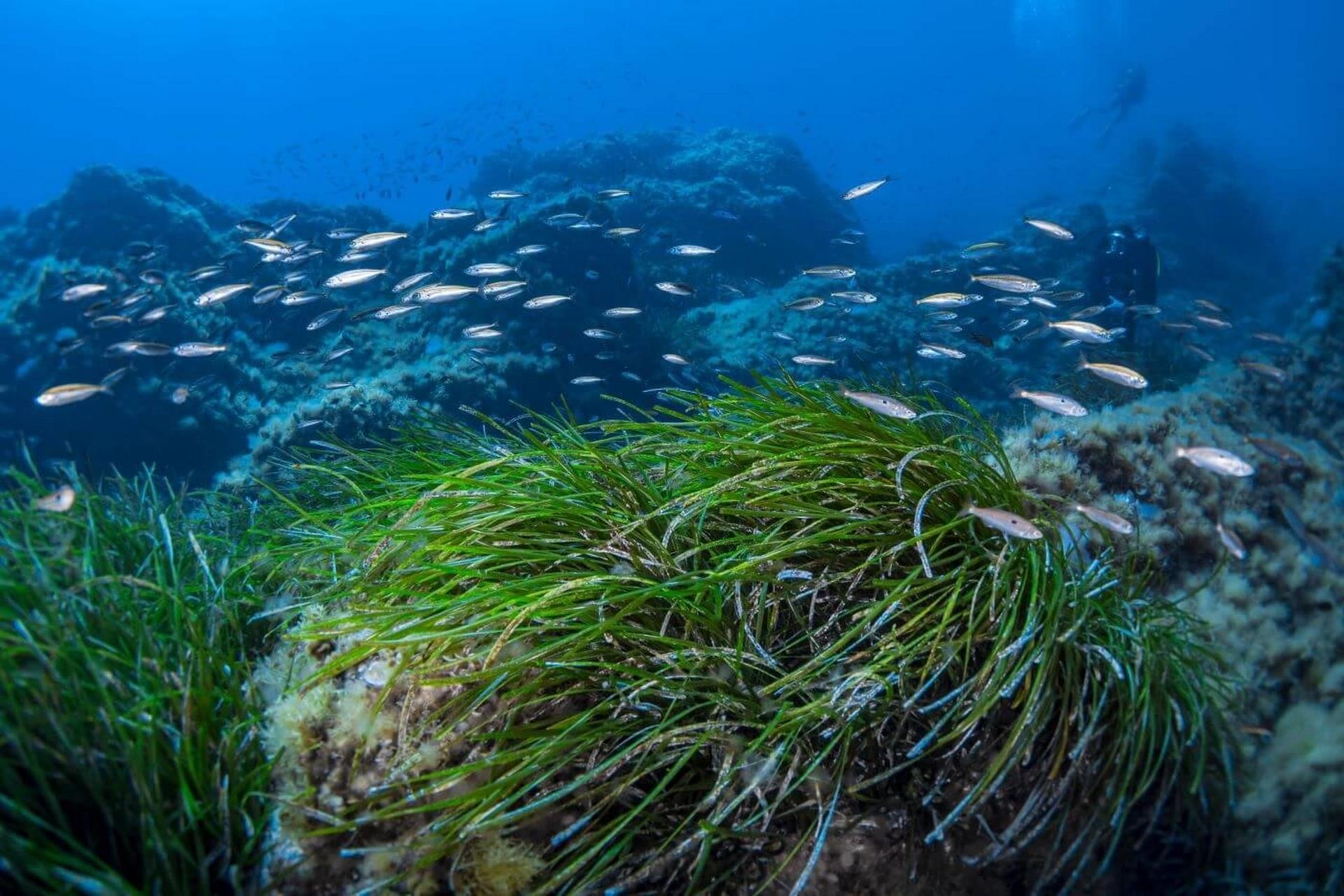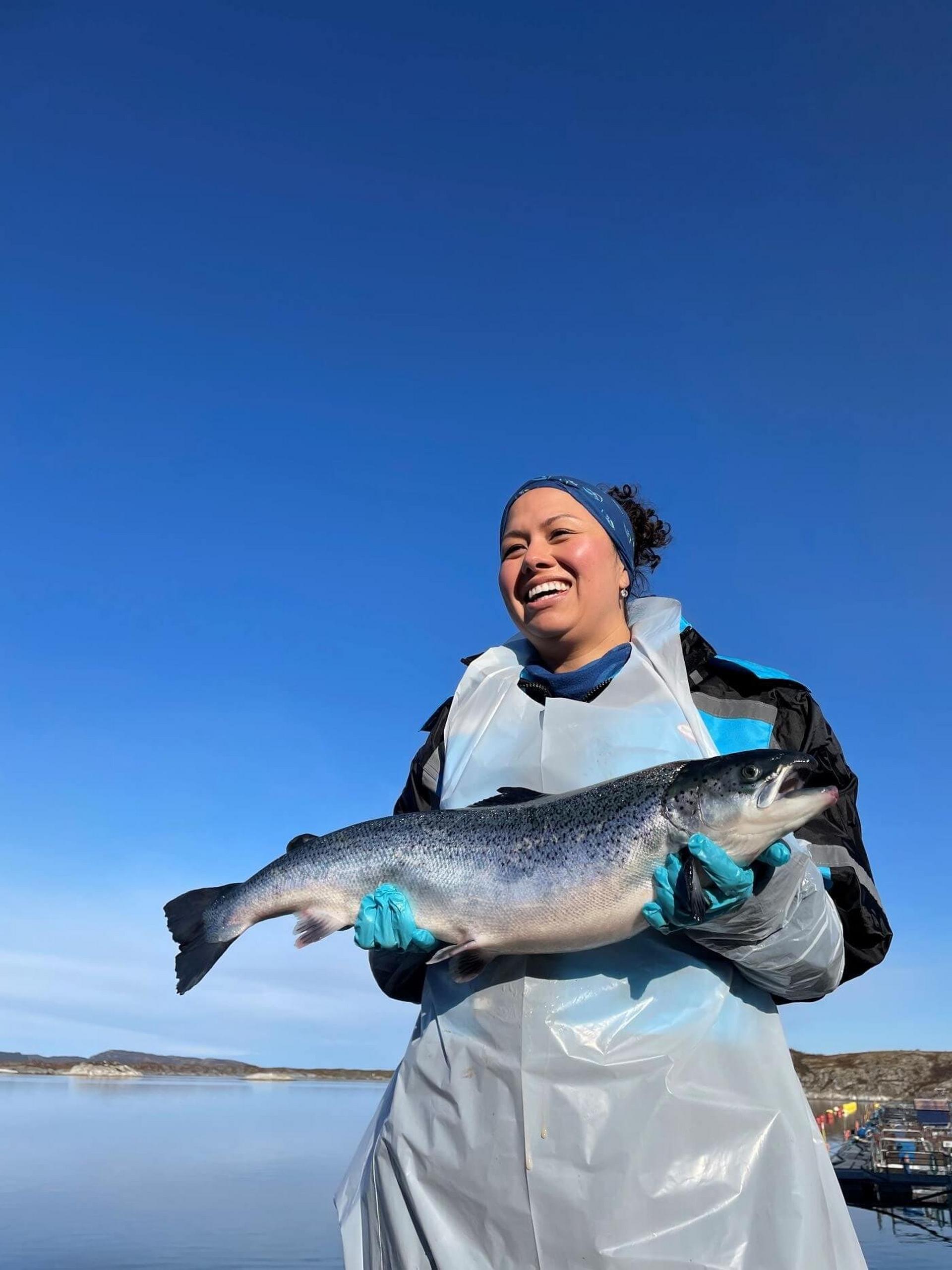- R&D
Advancing the future of aquafeed development
BioMar’s Tech Centre is a unique pilot-scale feed production facility that services our entire global R&D and production network, ensuring the high performance and quality of our innovative and sustainable aquaculture feeds.

